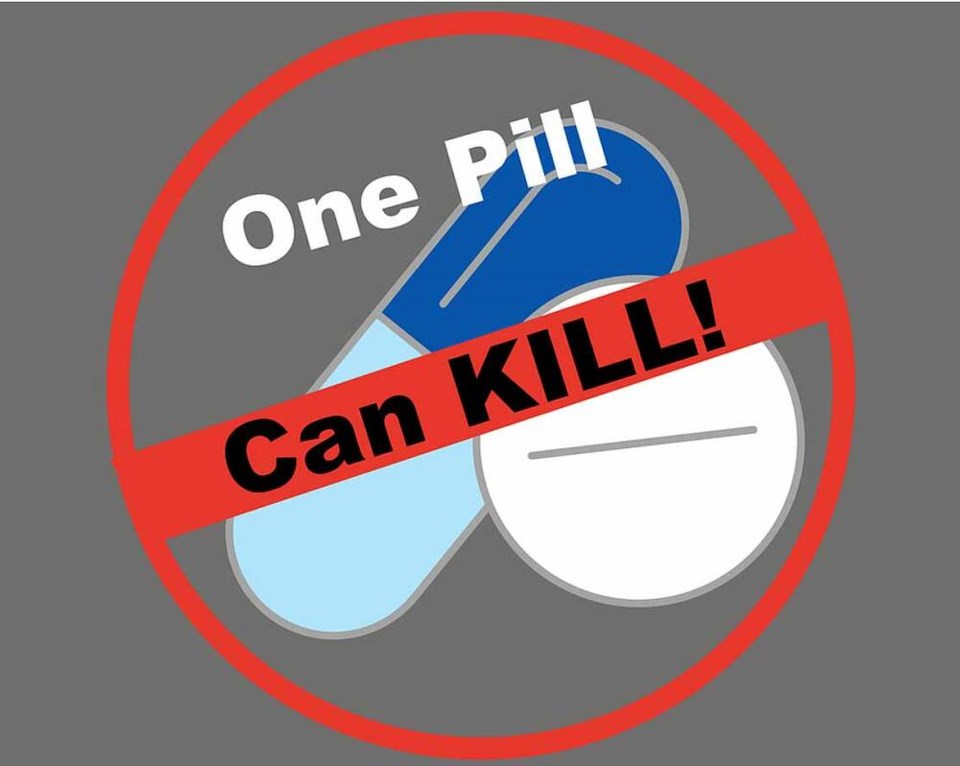It’s been seven years, but the province’s resolve is only deeper.
That was the message last Friday from Premier David Eby, provincial health officer Dr. Bonnie Henry and Jennifer Whiteside, Minister of Mental Health and Addictions, on the seven-year anniversary of toxic drug-related overdoses being declared a public health emergency in B.C.
Targeted investments will continue to focus on scaling-up detox, treatment and recovery services across the full spectrum of care, so people can find and stay connected to vital supports on their wellness journey, they said, adding prevention is also a key strategy.
The BC Corners Service notes that more than 11,000 deaths have been caused by illicit drug toxicity since the public health emergency was first declared in April 2016.
Delta’s new Social Action Plan, recently approved by council, notes that when it comes to mental health and substance issues, overdoses are taking place in homes or workplaces, with a high concentration of suspected overdoses and addictions in the construction and trades sectors.
The report also states that there is a problem of stigma, which can have a tremendous effect on people with mental health issues or those using drugs, and their ability to seek help.
The report notes there are long wait lists at government agencies for Delta residents who need mental health help, particularly for children and youth, as well as limited funding available for prevention-based resources for families.
“This presents unique challenges in developing city-wide interventions and support systems for residents who need help accessing resources,” the report notes.
The plan also outlines actions already in place to deal with the problem by the city, police department, school district and community partners, including the Delta Overdose Community Action Team (DCAT).
Some of the goals and actions outlined in the action plan includes the city improving community awareness about mental health and harm reduction services and programs available to Delta residents, as well as supporting and enhancing community capacities to address the needs of those affected by mental health or substance use disorders.
The City of Delta last launched a Share Your Story initiative, a collaboration which includes Delta Police, Delta School District, Fraser Health Authority and Tsawwassen First Nation, building on Delta’s End the Stigma campaign.
The Delta Police Department, meanwhile, provided funding through the city’s budget for a new Police Community Advocate position, aimed at providing support services to vulnerable residents coming into contact with police.




